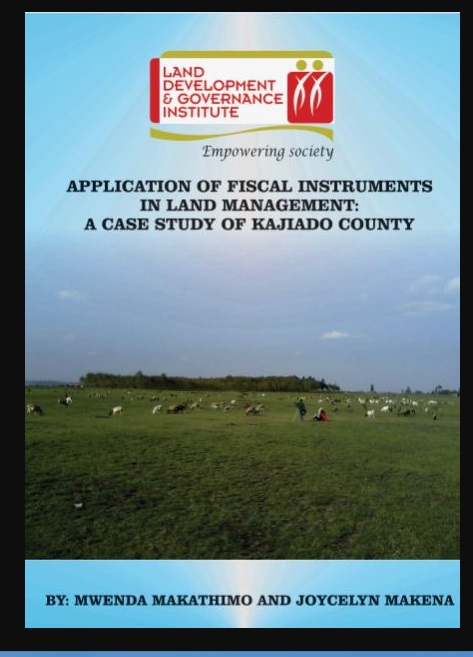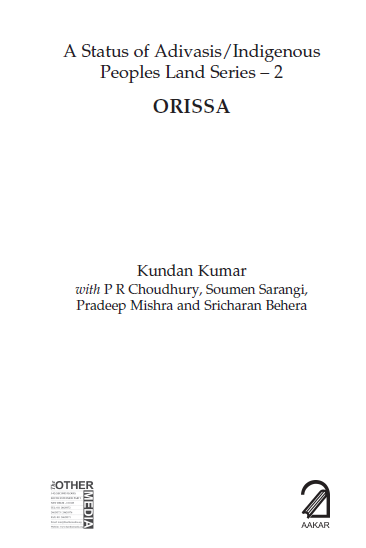Trust, Authority, and Decision Making : Findings from the Extended Timor-Leste Survey of Living Standards
This briefing note examines perspectives
on trust, authority, and responsibility for decision making
in Timor-Leste, using findings from the justice module
included in an extension of the 2007 Timor-Leste Survey of
Living Standards (TLSLS2) and a review of relevant
social-science literature. It is hoped that this report will
be a valuable resource for civil servants, civil society,
and donor agencies working in Timor-Leste. This note





